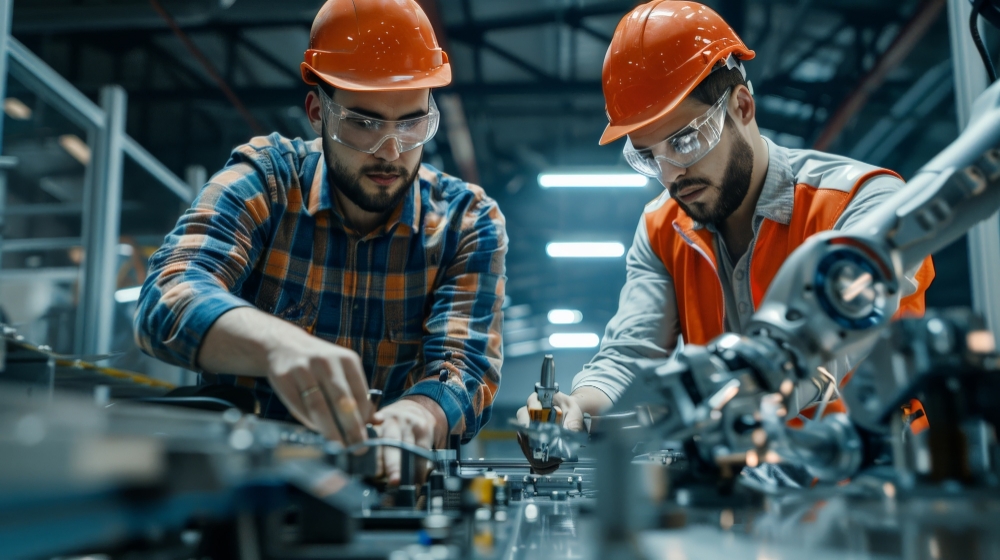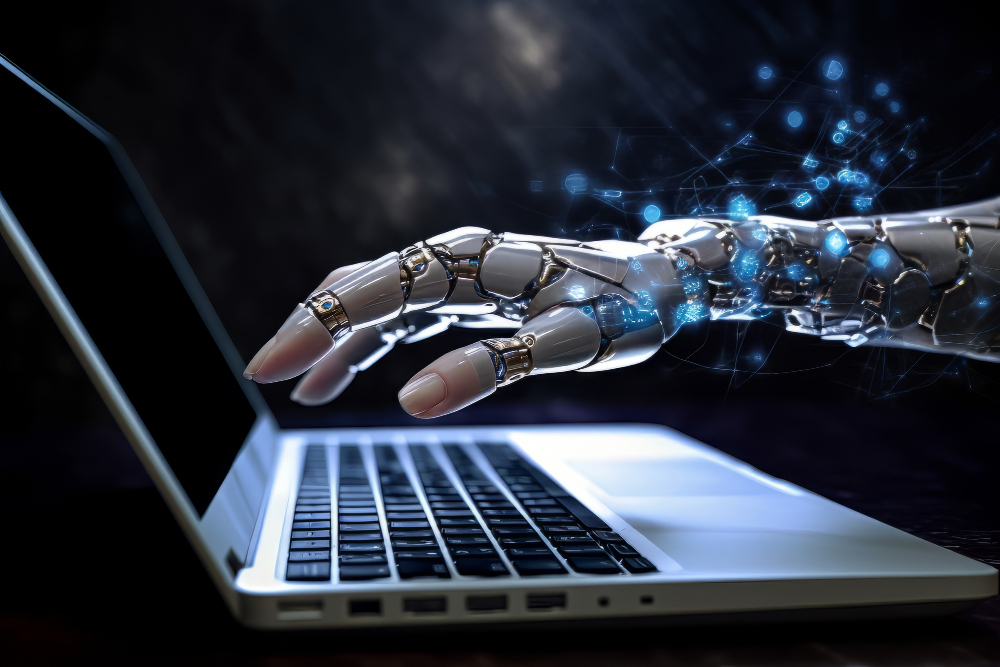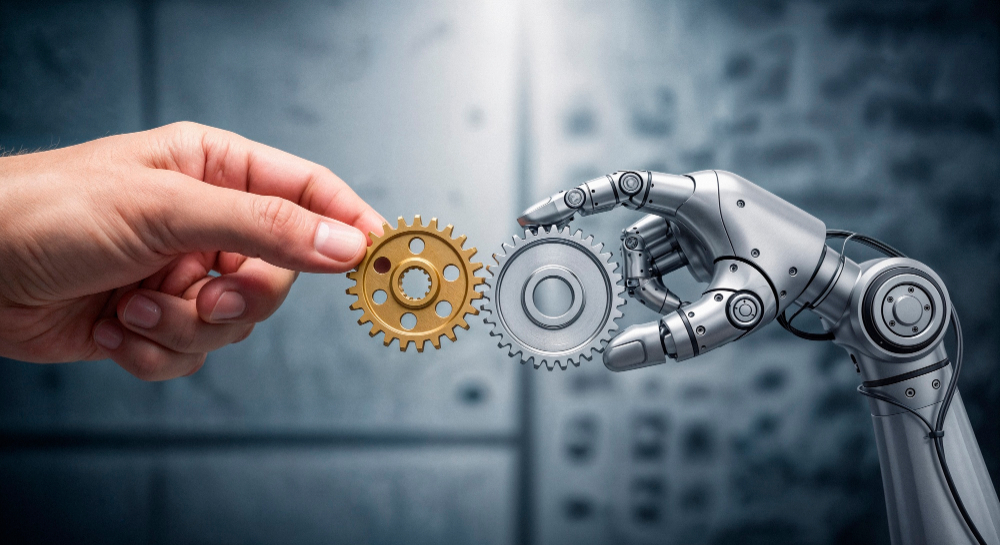- Blog
- September 20, 2024
Common Issues Facing the Manufacturing Industry

- Blog
- September 20, 2024
Common Issues Facing the Manufacturing Industry
The manufacturing industry, a cornerstone of global economic development, plays a vital role in producing goods that meet the needs of millions. However, like any other sector, manufacturing faces numerous challenges hindering growth and efficiency. Understanding these common issues in the manufacturing industry is crucial for businesses to remain competitive and ensure long-term success.
This blog will delve into the key challenges the manufacturing industry faces today, including labor shortages, supply chain disruptions, technological advancements, quality control issues, and environmental challenges. We will also explore potential solutions to address these problems and secure a sustainable future for the industry.
Key Challenges in the Manufacturing Industry
- Labor Shortages
The manufacturing industry faces a significant labor shortage as demand for goods grows. Companies struggle to find skilled workers, especially with an aging workforce nearing retirement and not enough younger workers to replace them. This leads to production delays, higher operational costs due to increased wages or training programs, and slowed innovation as fresh perspectives are lacking. - Supply Chain Disruptions
Recent global events have highlighted the fragility of supply chains in manufacturing. Disruptions can cause delays in obtaining raw materials, increase costs, and hinder production schedules. To mitigate these risks, manufacturers are adopting resilient strategies such as diversifying suppliers, growing inventory of critical components, and investing in technology for real-time supply chain visibility. - Technological Advancements
Technological advancements like automation, AI, and IoT offer opportunities to improve efficiency and product quality in manufacturing. However, these innovations come with challenges, including high upfront costs, the need for specialized knowledge, and potential resistance from employees. Despite these challenges, embracing technology is essential for staying competitive. - Quality Control Issues
Maintaining consistent quality in manufacturing is challenging due to factors like human error, equipment malfunctions, and variations in raw materials. Poor quality control can lead to costly recalls, brand damage, and legal issues. Manufacturers need robust quality control processes and technologies like machine learning to detect important issues before they escalate. - Environmental and Sustainability Challenges
Manufacturers face growing pressure to adopt sustainable practices and reduce their environmental impact. Failing to do so can result in regulatory penalties, reputational damage, and loss of business. Embracing sustainability can be a competitive advantage, with companies reducing costs, improving efficiency, and appealing to environmentally conscious consumers through energy-efficient technologies and sustainable product development.
Addressing Common Manufacturing Problems
- Investing in Workforce Development: Manufacturers should invest in workforce development to address labor shortages through training programs, apprenticeships, and partnerships with educational institutions. Attracting younger talent by promoting manufacturing as a rewarding career, offering competitive benefits, and fostering a positive work environment is also crucial.
- Improving Supply Chain Management: Effective supply chain management can minimize the impact of disruptions. Manufacturers should diversify suppliers, increase inventory of critical components, and utilize technology like AI and blockchain for real-time supply chain monitoring. Collaboration with suppliers is key to maintaining resilience.
- Adopting Advanced Technologies: Embracing advanced technologies like automation, AI, and IoT enhances efficiency, reduces costs, and improves product quality. Overcoming resistance to new FV technologies requires effective change management, including employee training and involvement. Investing in these technologies is essential for staying competitive and adapting to market changes.
- Enhancing Quality Control: Ensuring high-quality standards is essential for maintaining customer satisfaction and protecting your brand’s reputation. Manufacturers should implement rigorous testing at all production stages, using data analytics to identify potential issues and improve processes. Proactive quality control ensures consistent product quality and reduces defects.
- Implementing Sustainable Practices: Sustainability is crucial for cost savings, efficiency, and brand reputation. Manufacturers can adopt lean manufacturing principles, invest in energy-efficient technologies, and optimize processes to reduce waste and energy consumption. Successful sustainability initiatives also demonstrate significant cost savings and reduced environmental impact.
Conclusion
The manufacturing industry faces challenges, from labor shortages and supply chain disruptions to technological advancements and environmental concerns. However, by proactively addressing these common issues, manufacturers can position themselves for long-term success.
Investing in workforce development, improving supply chain management, adopting advanced technologies, enhancing quality control, and implementing sustainable practices are all essential strategies for overcoming the challenges facing the manufacturing industry. By embracing these solutions, manufacturers thrive in an increasingly competitive and complex global market.




